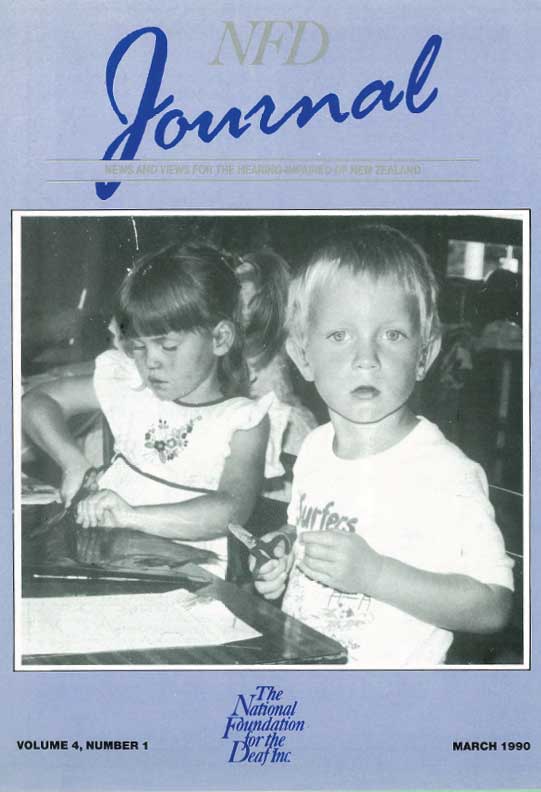
1990
publication – Taonga source: National Foundation for Deaf and Hard of Hearing
NFD Journal: March 1990 (Vol. 4, No. 1)
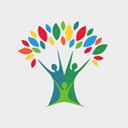
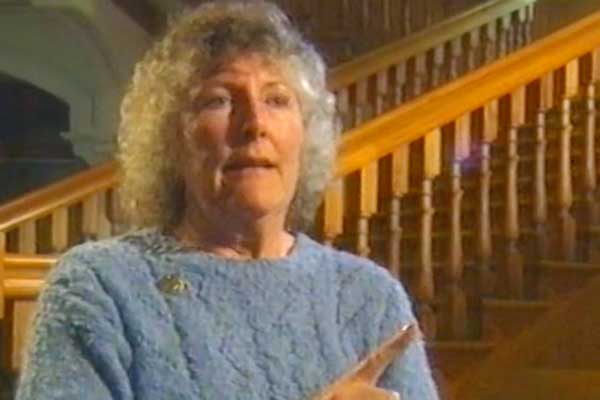
2000
video – Taonga source: Deaf Aotearoa
Inside Out: The Art of Signing
Inside Out produces a programme about New Zealand Sign Language, its value to the Deaf community as well as its artistic forms.
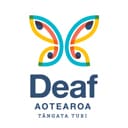
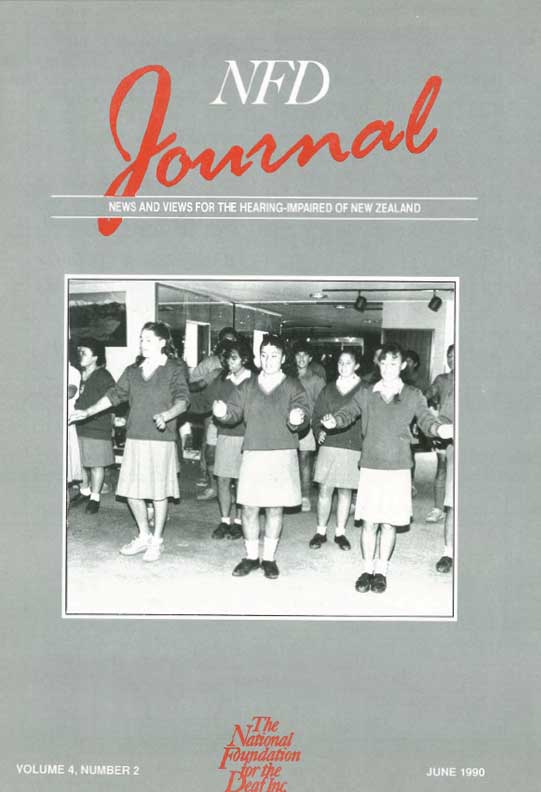
1990
publication – Taonga source: National Foundation for Deaf and Hard of Hearing
NFD Journal: June 1990 (Vol. 4, No. 2)


2023
article – Taonga source: Stuff
Meredith Karim can listen and speak, but she thinks in sign language
Meredith Karim was just five months old when she started using NZSL to communicate. She was born a hearing child to deaf parents, often known by the acronym CODA. She says while most people have a voice talking in their heads expressing their thoughts, she visualises hers in NZSL.

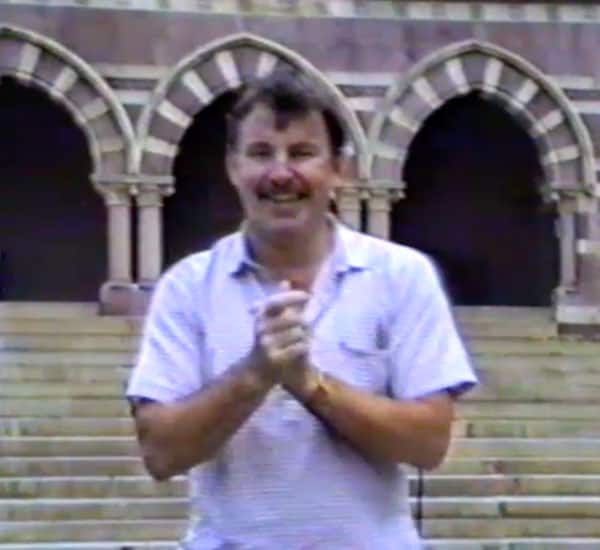
1989
video – Taonga source: Dorothy Jones
Deaf Kiwis abroad!
Deaf New Zealanders take timeout for some sightseeing during a trip to the first, week-long Deaf Way conference in 1989 in Washington DC, USA.
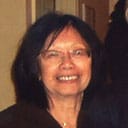

1992
publication – Taonga source: National Foundation for Deaf and Hard of Hearing
NFD Communicate: June 1992

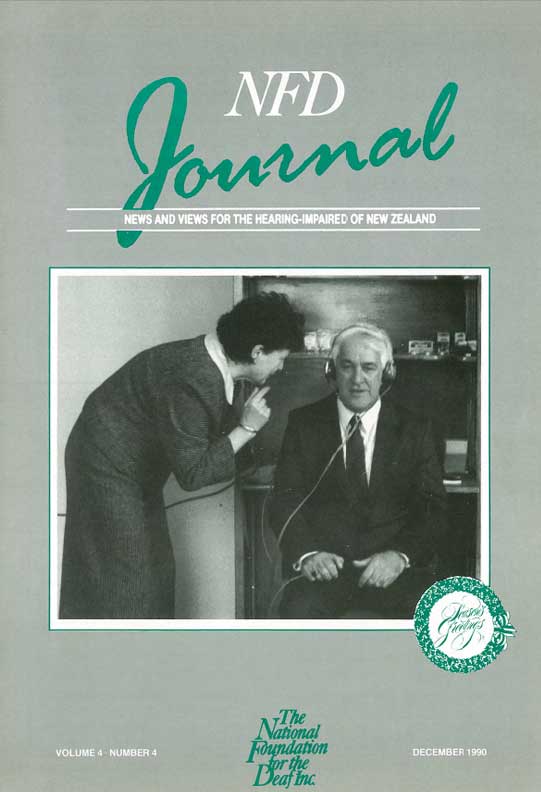
1990
publication – Taonga source: National Foundation for Deaf and Hard of Hearing
NFD Journal: December 1990 (Vol. 4, No. 4)

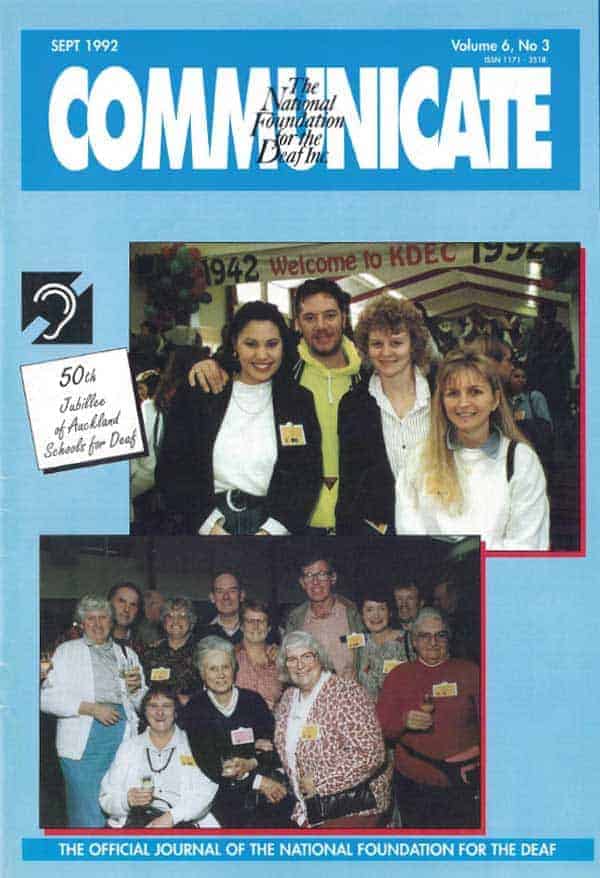
1992
publication – Taonga source: National Foundation for Deaf and Hard of Hearing
NFD Communicate: September 1992

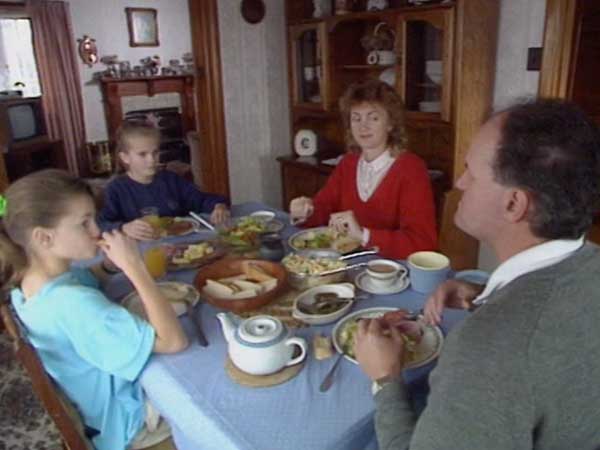
1992
video – Taonga source: Point of View Productions
‘See What I Mean’
'See What I Mean' presents two real-life stories: the story of a family who were all born Deaf, and a journalist who loses her hearing. It offers positive advice about hearing loss as well as celebrating the New Zealand Deaf community.

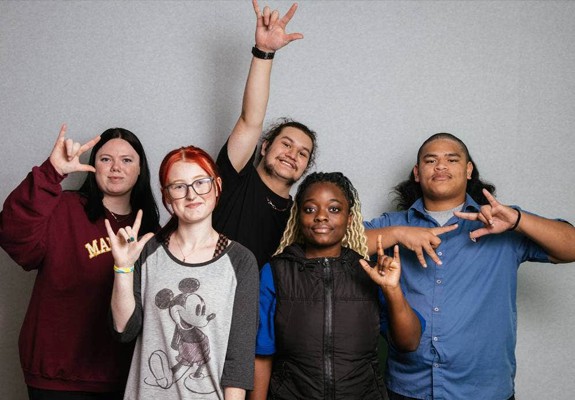
2023
article – Taonga source: Stuff
Future leaders of Deaf community share vision for NZ Sign Language
While NZSL Week runs from May 8-14, young leaders of the Deaf community are continuously advocating for their culture and language in the hearing world every other week of the year.

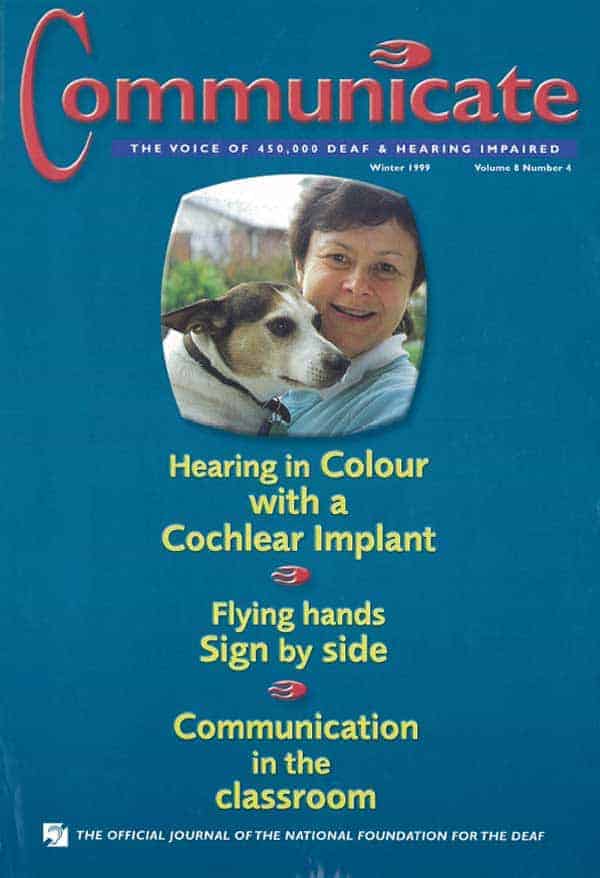
1999
publication – Taonga source: National Foundation for Deaf and Hard of Hearing
NFD Communicate: Winter 1999

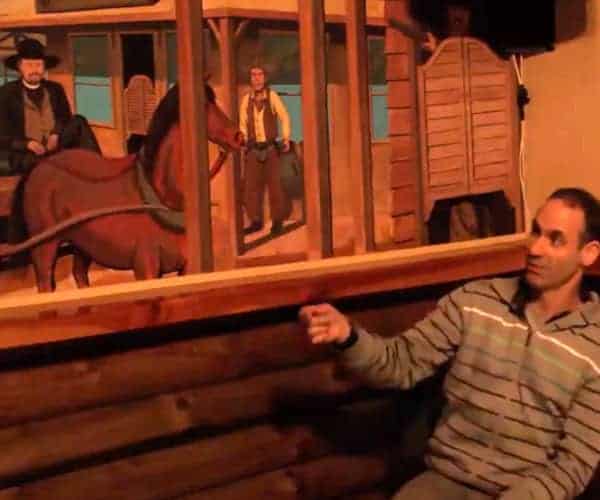
2011
video – Taonga source: Jared Flitcroft
Our Second Home: Wellington Deaf Club
The Wellington Deaf Club is a place where Deaf and hearing alike go to relax, take a break from the ‘outside’ world and communicate in a language that is loud. Jared Flitcroft explores why the Deaf Club is their second home and the cultural aspect of being Deaf in a ‘hearing’ world.
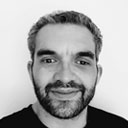

2009
article – Taonga source: Manawatū Standard
Scott on mission to learn more
Palmerston North's Annette Scott is hoping to learn how to involve more deaf people in sport when she goes to the Deaflympics in Taiwan next week. Scott is going as New Zealand's Chef de Mission in a 13-strong tour party, which includes six athletes.

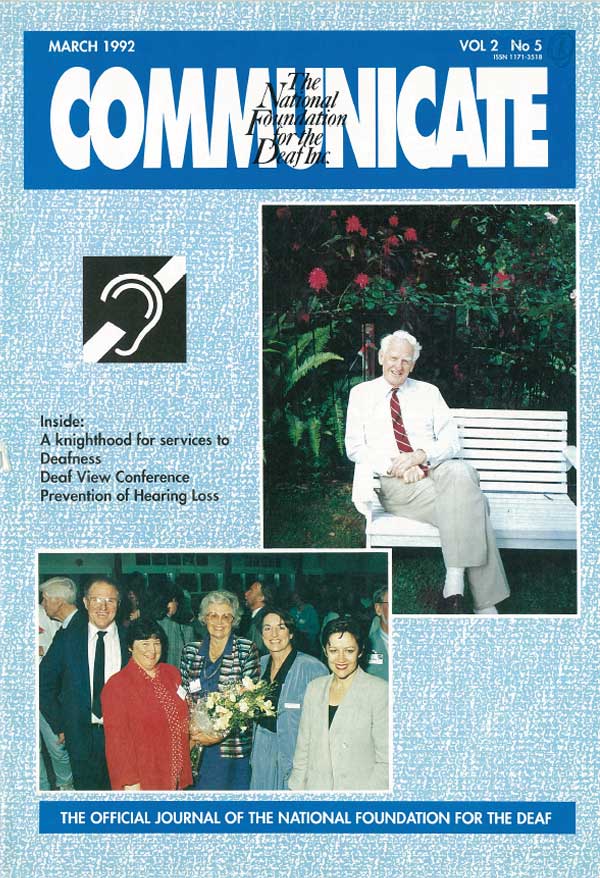
1992
publication – Taonga source: National Foundation for Deaf and Hard of Hearing
NFD Communicate: March 1992

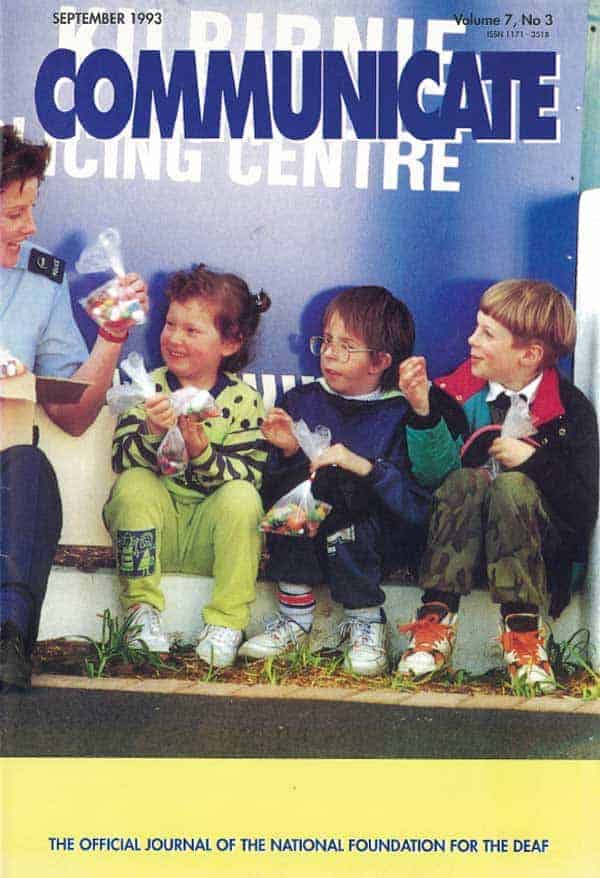
1993
publication – Taonga source: National Foundation for Deaf and Hard of Hearing
NFD Communicate: September 1993

